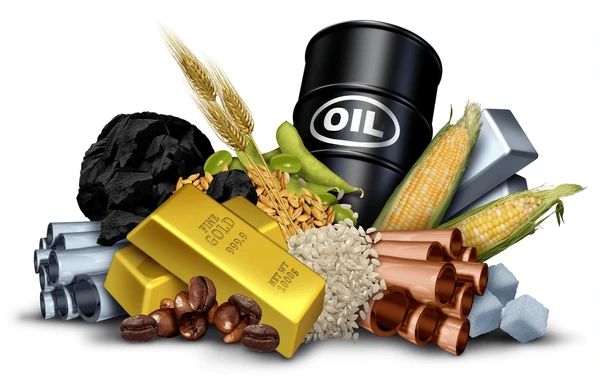Italian traders

Italy is one of the largest economies in Europe, known for its industrial sectors, luxury goods, fashion, automotive, and machinery. Its economy operates under a mixed capitalist model, with a significant emphasis on manufacturing, services, and international trade. The country is a founding member of both the European Union and the Eurozone, giving it access to a large common market and shared monetary policies. Italy's economic system is characterized by a strong industrial base in the northern regions, including cities like Milan and Turin, contrasted with a less developed south, which often relies more on agriculture and tourism. The Italian government plays a key role in sectors like banking and energy, but private enterprises dominate industries such as fashion, cars, and technology.
In terms of international trade, Italy maintains robust trade relations with the rest of Europe, North America, and increasingly, regions like the Middle East and North Africa (MENA). Italy is a major exporter of goods such as machinery, vehicles (especially luxury cars like Ferrari and Lamborghini), food products (including wine, olive oil, and pasta), and fashion items. The country imports raw materials, energy products (especially oil and gas), and industrial components due to limited domestic resources. Italy’s economic partnerships are strongly tied to Europe, but it has been expanding its reach towards emerging markets, including those in the Middle East.
Italy's trade with Middle Eastern countries, particularly in West Asia, has been growing steadily, focusing on sectors such as energy, infrastructure, and defense. Italian companies are involved in various construction and infrastructure projects in countries like the UAE, Saudi Arabia, and Qatar. Meanwhile, Italy imports significant amounts of oil and gas from the region, especially from countries like Saudi Arabia, Iraq, and Iran, given its high energy demand. Italian engineering, fashion, and high-tech products are also in demand across the Middle East. Diplomatic and business ties between Italy and Gulf Cooperation Council (GCC) nations have grown, with Italy seeking to enhance cooperation in renewable energy, given the global push towards sustainability.
In terms of financial and banking interactions, Italy's financial institutions operate within the framework of EU regulations but maintain global partnerships. The country’s banking sector is relatively stable, though it has faced challenges in recent years, especially after the financial crises in Europe. Italian banks are involved in financing trade with Middle Eastern countries, and the nation’s stock exchanges, particularly the Milan Stock Exchange, see participation from international investors, including those from the Middle East.
Trade between Italy and the Middle East is expected to continue growing, especially as Italy seeks diversification in its energy supply and countries in the region look for technology and expertise in sectors where Italy excels, like fashion, design, and industrial machinery. The relationship is increasingly multifaceted, involving not only traditional energy exchanges but also infrastructure, technology, and cultural ties.
 Fausto Michelotti12 months ago
Fausto Michelotti12 months ago ProfileAmber, Fossil
ProfileAmber, Fossil Usama12 months ago
Usama12 months ago ProfileDiamond
ProfileDiamond إسلام22 months ago
إسلام22 months ago Profile
Profile محمد محفوظ عبد الله22 months ago
محمد محفوظ عبد الله22 months ago ProfileAgate
ProfileAgate



